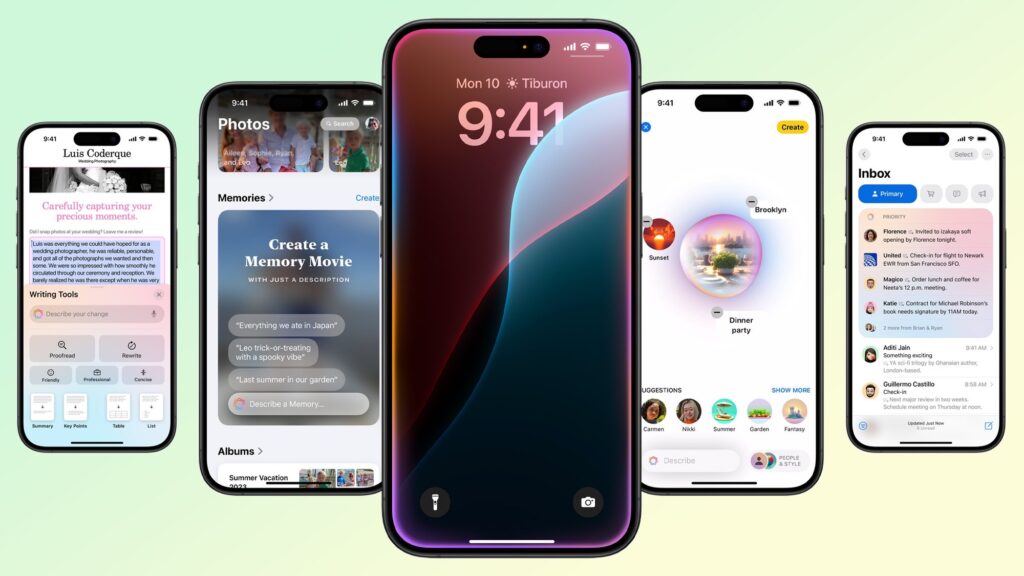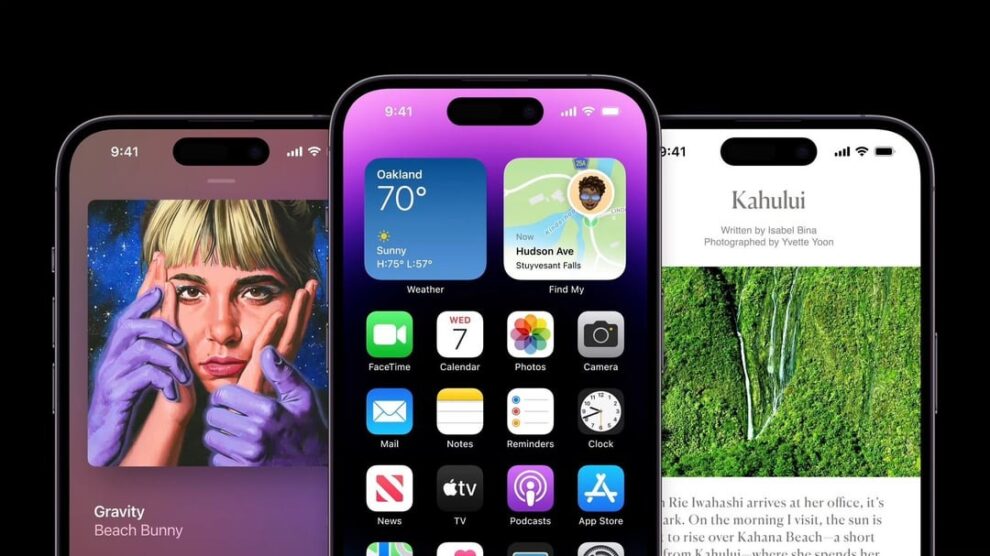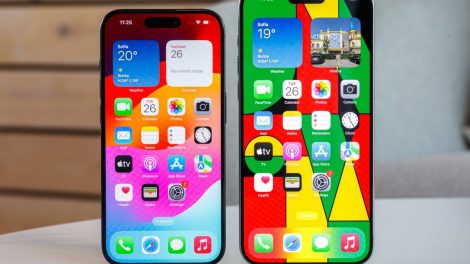The revelation that the iPhone 15 and 15 Plus are not compatible with Apple’s new Intelligence features due to insufficient RAM raises interesting questions about the future of AI in smartphones and Apple’s product strategy. This analysis will explore the implications of this decision, its impact on users, and what it might mean for future iPhone models.

Understanding the RAM Requirement
The 8GB Threshold
Key points about the RAM requirement:
- Apple has determined that at least 8GB of RAM is necessary for Apple Intelligence features
- This requirement excludes the iPhone 15 and 15 Plus, which have 6GB of RAM
- Only the iPhone 15 Pro and Pro Max, with 8GB of RAM, are currently compatible
Technical Implications
The RAM requirement highlights several technical considerations:
- AI features likely require significant memory for real-time processing
- Apple is prioritizing smooth performance over wider device compatibility
- This decision suggests the complexity and resource-intensive nature of Apple’s AI implementation
Impact on Current iPhone Users
iPhone 15 and 15 Plus Owners
Implications for users of these models:
- Inability to access the latest AI features despite having a current-generation device
- Potential disappointment or feeling of premature obsolescence
- Questions about the longevity and future-proofing of non-Pro iPhone models
iPhone 15 Pro and Pro Max Advantage
Benefits for users of the Pro models:
- Exclusive access to Apple Intelligence features
- Reinforcement of the Pro models as cutting-edge devices
- Potential for enhanced productivity and user experience through AI capabilities
Apple’s Product Strategy
Differentiation of Pro and Non-Pro Models
This decision further separates the iPhone lineup:
- Clearer distinction between Pro and standard models beyond camera and design features
- Potential shift in consumer perception of the value proposition of Pro models
- May influence future purchasing decisions towards Pro models for tech-savvy users
Future-Proofing and Upgrade Cycles
Implications for Apple’s product lifecycle:
- Suggests faster obsolescence for standard models in terms of feature set
- May encourage more frequent upgrades to access latest AI capabilities
- Raises questions about long-term software support for devices with limited RAM
The Future of AI in iPhones
RAM Increases in Future Models
Expectations for upcoming iPhone generations:
- Likely increase to 8GB RAM in all iPhone 16 models
- Potential for even higher RAM in future Pro models to support more advanced AI features
- RAM becoming a more prominent specification in iPhone marketing
Evolution of Apple Intelligence
Potential directions for Apple’s AI features:
- Continuous improvement and expansion of AI capabilities
- Integration of AI across more aspects of the iOS experience
- Possible development of Apple-specific AI applications to differentiate from competitors
Broader Industry Implications
Setting a New Standard
Apple’s decision may influence the broader smartphone industry:
- Other manufacturers may follow suit in increasing RAM for AI features
- Could lead to a new “AI-ready” benchmark for smartphone specifications
- Potential acceleration of the AI arms race among smartphone makers
User Expectations and AI Integration
Shifting landscape of consumer expectations:
- Growing expectation for AI capabilities in flagship devices
- Increased focus on practical, user-facing AI applications
- Potential for AI features to become a key differentiator in smartphone choice
Challenges and Considerations
Battery Life and Efficiency
Balancing advanced features with practical concerns:
- Impact of increased RAM and AI processing on battery life
- Need for more efficient processors to handle AI tasks
- Potential trade-offs between AI capabilities and device longevity
Software Optimization
The role of software in AI performance:
- Importance of optimizing iOS for efficient use of available RAM
- Potential for software updates to improve AI performance on existing hardware
- Balancing feature availability with smooth performance across device range
Conclusion: A Glimpse into the AI-Driven Future of Smartphones
Apple’s decision to limit Apple Intelligence features to devices with 8GB of RAM marks a significant moment in the evolution of smartphones. It underscores the growing importance of AI capabilities in mobile devices and sets a new standard for what constitutes a “high-end” smartphone.
For current iPhone 15 and 15 Plus users, this news may be disappointing, highlighting the rapid pace of technological advancement and the potential for feature disparity even within the same generation of devices. However, it also signals exciting possibilities for future iPhones and the broader integration of AI into our daily digital interactions.
As we look to the future, it’s clear that RAM capacity and AI capabilities will play an increasingly crucial role in smartphone development. This shift may lead to more pronounced differentiation between device tiers, potentially influencing consumer buying patterns and accelerating upgrade cycles.
Ultimately, Apple’s move reflects a commitment to delivering optimal performance for advanced AI features, even at the cost of wider compatibility. As AI continues to evolve and become more integral to smartphone functionality, we can expect to see further hardware advancements and software optimizations aimed at bringing increasingly sophisticated AI capabilities to our pockets.
For consumers, this development underscores the importance of considering long-term feature compatibility when choosing a new device, particularly for those who prioritize access to the latest technological advancements. As the smartphone industry continues to push the boundaries of AI integration, we can anticipate an exciting era of more intelligent, responsive, and capable mobile devices.










Add Comment